Which Best Explains How Nationalism Helped Cause World War I
Many oppressed Slavic groups in the Austro-Hungarian Empire wanted to form independent nation states. It united Europe against the Ottoman Empire.
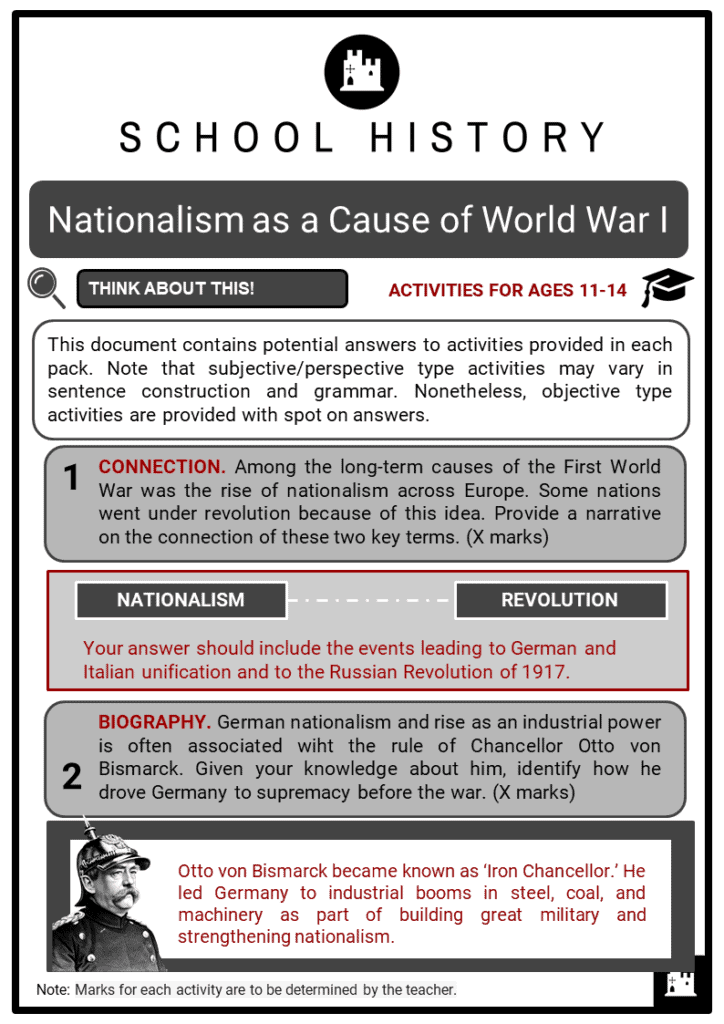
Nationalism As A Cause Of World War I Key Facts Worksheets
Well yes Nationalism was part of what caused WW1 but not the bigreason.
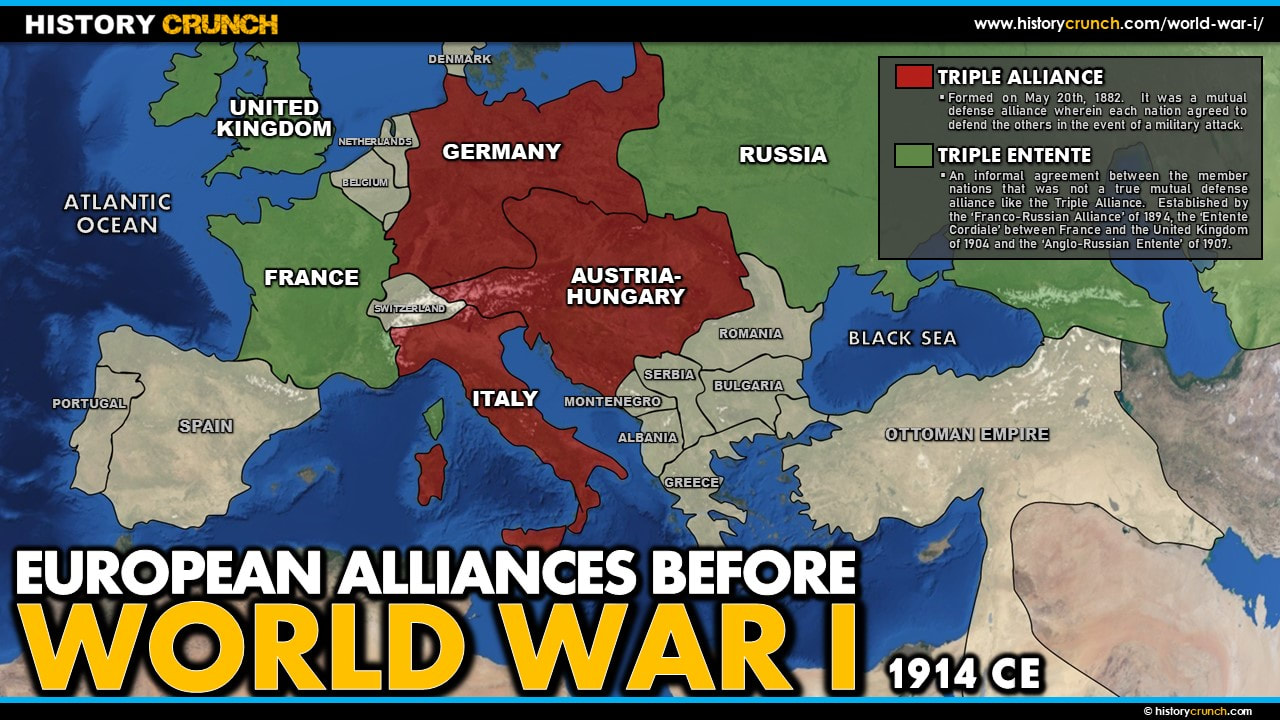
. This was fueled by provocative speeches utterances or press reports. The bigger reason was the formation of pacts and alliances. Politically imperialism leads nations to compete with others for supremacy.
Nationalism was a particularly important cause of World War I due to several key. In June 1914 a Serbian-nationalist terrorist group called the Black Hand sent groups to assassinate the Archduke. It led to revolution against Russian imperialism.
In World War I nationalism led to the desire of countries with strong self-identities to unite and attack other countries. Nationalism was a great cause of World War one because of countries being greedy and not negotiating. Nationalism militarism and Kaiser Wilhelm II were the three main causes of World War 1.
WRONG It prompted European nations to break all ties with each other. I the desire of subject peoples for independence - It led to a series of national struggles for independence among the Balkan peoples. Though Germany was blamed for the start of the war some historians argue for collective responsibility between the warring parties.
The immediate cause of World War I that made the aforementioned items come into play alliances imperialism militarism and nationalism was the assassination of Archduke Franz Ferdinand of Austria-Hungary. It prompted European nations to break all ties with one another. Nationalism was very common in early 20th-century Europe and is considered as a significant cause of World War I.
This leads to Imperialism. The most direct way nationalism caused World War I was through the assassination of Archduke Franz Ferdinand who was the heir to the throne of the Austro-Hungarian Empire. The term nation refers to a group of people who share the same language history and traditions.
The most direct way nationalism caused World War I was through the assassination of Archduke Franz Ferdinand who was the heir to the throne of the Austro-Hungarian Empire. Soon enough World War I broke out. For Germany leading into World War I historians report that the Spirit of 1914 was high with support from the German population for participation in the war.
Nationalism along with militarism and imperialism is a contributing factor of World War I. Militarism alliance systems and imperialism. Soon enough World War I broke out.
These alliances said that if one. The most direct way nationalism caused World War I was through the assassination of Archduke Franz Ferdinand who was the heir to the throne of the Austro-Hungarian Empire. Nationalism was an intense form of patriotism.
World War I was the first global war of the 20th century taking place between July 28 1914 and November 11 1918. Which best explains nationalism helped cause World War 1. Even if they werent able to win a war due to their strength and understanding of plans and leaders.
How did nationalism help contribute to the start of World War I. Nationalism having a very strong passion for your country was a main cause of World War 1 because many people felt the need to fight for their country. Which of the following best explains the major causes of World War I.
The German government believed that the onset of war and its support of Austria-Hungary was a way to secure its place as a leading power which was supported by public nationalism and further. It was this pan-Slavic nationalism that inspired the assassination of Archduke Franz Ferdinand in Sarajevo in June 1914 an event that led directly to the outbreak of World War I. The end of his balancing act most likely caused Europes slide to war.
Which best explains how nationalism helped cause World War I. Nationalism is more or less patriotic greed and because of Bismarcks excessive use of it it helped to carry on the war. Before the war most Europeans believed in having some sort of cultural economic and military supremacy and dominance over other nations.
His crewed tactics created long-term problems for European diplomacy. Ethnocentricity or the belief that one group is superior to another drove intense nationalism that caused clashes among nations during World War I. The most direct way nationalism caused World War I was through the assassination of Archduke Franz Ferdinand who was the heir to the throne of the Austro-Hungarian Empire.
It was nationalism that caused World War I. Many oppressed Slavic groups in the Austro-Hungarian Empire wanted to form independent nation states. 2 imperialism in South America and Asia and the rapid buildup of armies and weapons the clash of capitalism and socialism in European nations the spread of communism from Russia into eastern Europe nationalism in the Balkans and a system of military alliances.
In countries from all over the world men began enlisting in the army as soon as they could. Four things of Nationalism that help cause WW1spread of public opinions in Balkans Germany and Britainspread of Napoleonic warsEthnic nationalism in Ottoman Empire specifically Slavic people. Nationalism was one of the main causes of World War I which began in July of 1914 following the assassination of Austrian Archduke Franz Ferdinand.
Other powers got involved and caused much instability. It fuel rivalries between European nations. Many oppressed Slavic groups in the Austro-Hungarian Empire wanted to form independent nation states.
The use of Nationalism gave nations false hope and aggressive to win the war. Immediate Cause Course of the War Results of the War World War I National Rivalries Two Kinds of Nationalism There were two kinds of nationalism in 19th Century Europe. In fact historians consider it to be one of four main long-term causes of the war along with.
This motive combines national security prestige and national pride. The causes of the war are complicated. Serbian nationalism and resistance to being a part of the Austro-Hungarian Empire motivated the assassination of Archduke Ferdinand by the Black Hand.
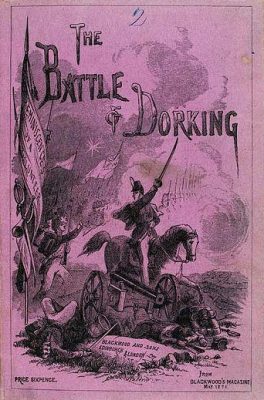
Nationalism As A Cause Of World War I
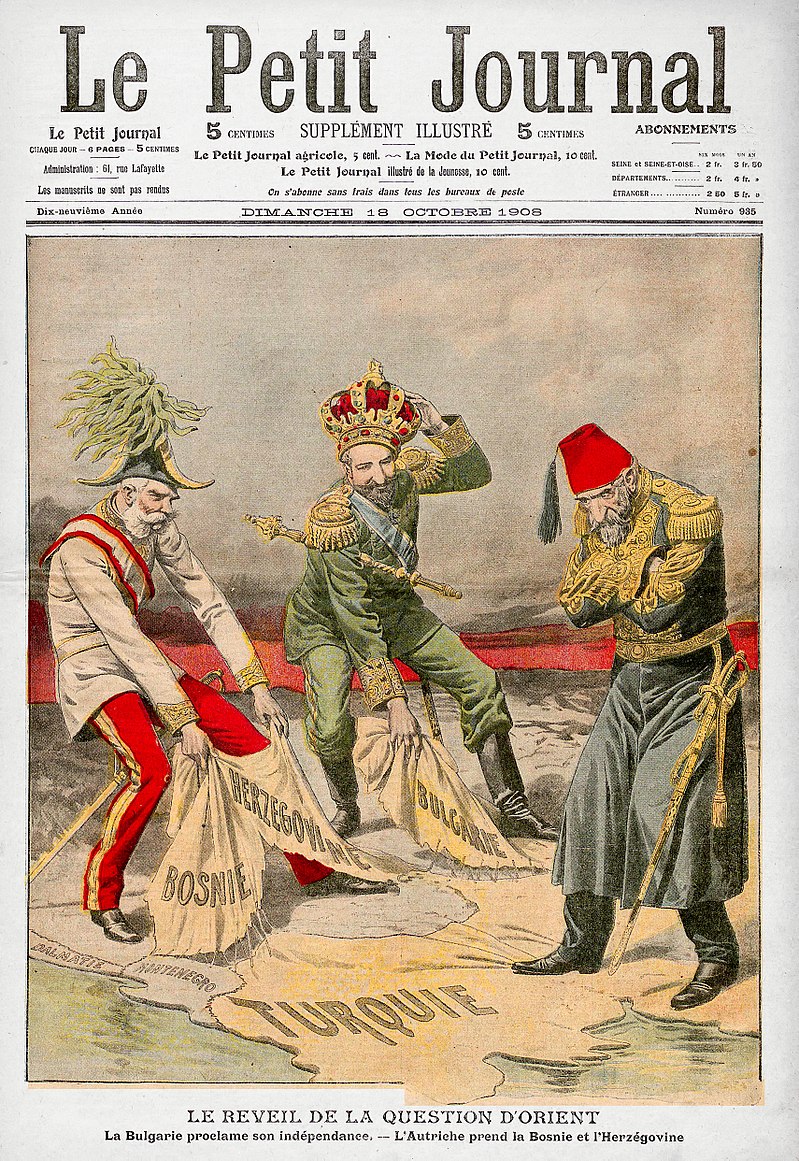
Nationalism As A Cause Of World War I History Crunch History Articles Biographies Infographics Resources And More

Pin On High School World History
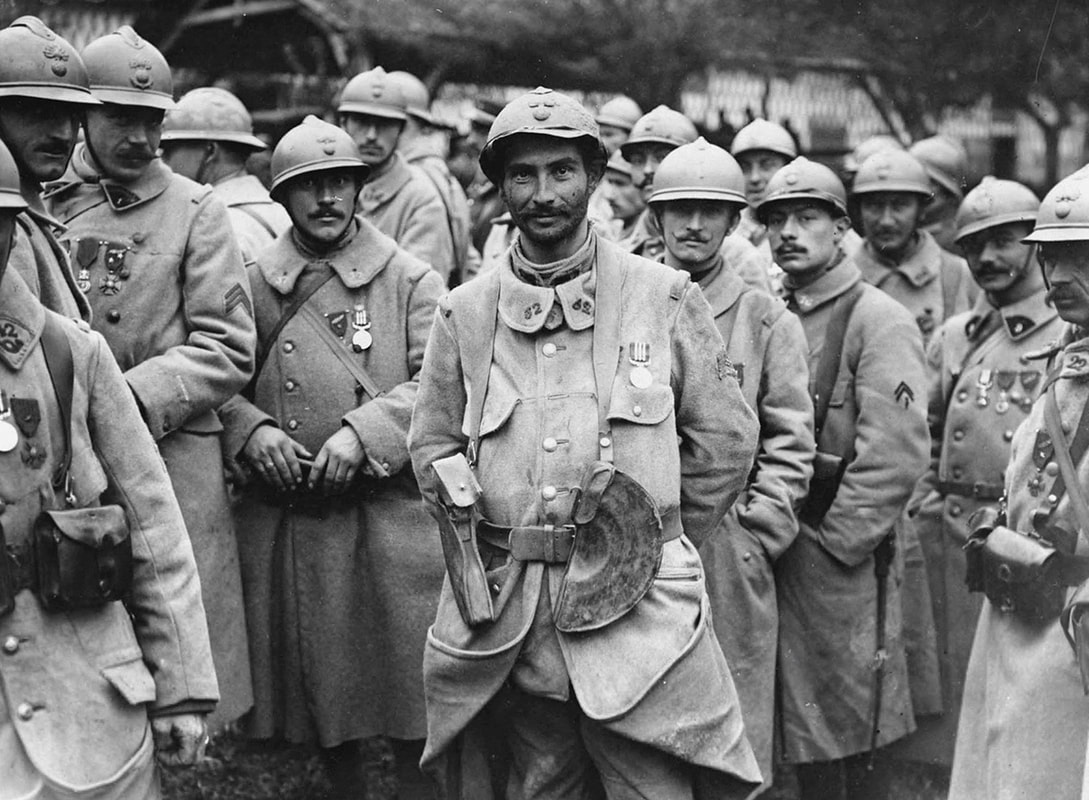
Nationalism As A Cause Of World War I History Crunch History Articles Biographies Infographics Resources And More

Qsy Complains A Lot History Classroom World History Lessons Teaching History

Militarism Alliance System Imperialism Nationalism The Assassination Of Franz Ferdinand World History Lessons World History Teaching History Lesson Plans
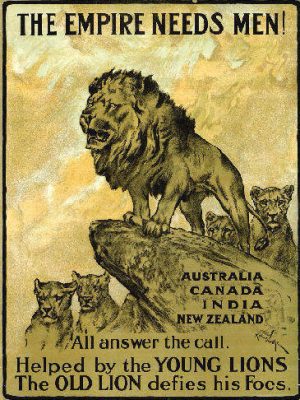
Nationalism As A Cause Of World War I
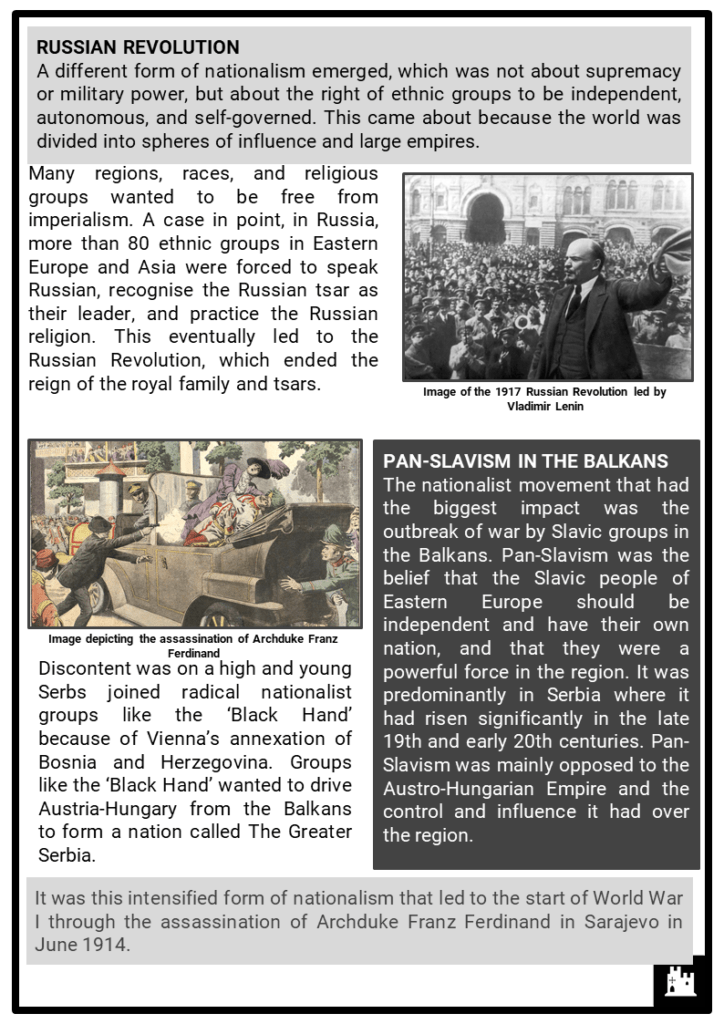
Nationalism As A Cause Of World War I Key Facts Worksheets

4th Main Cause Of Ww1 Is Nationalism Nationalism Is The Belief In Following Your Country And Believing In It Wwi Lessons History Learn History
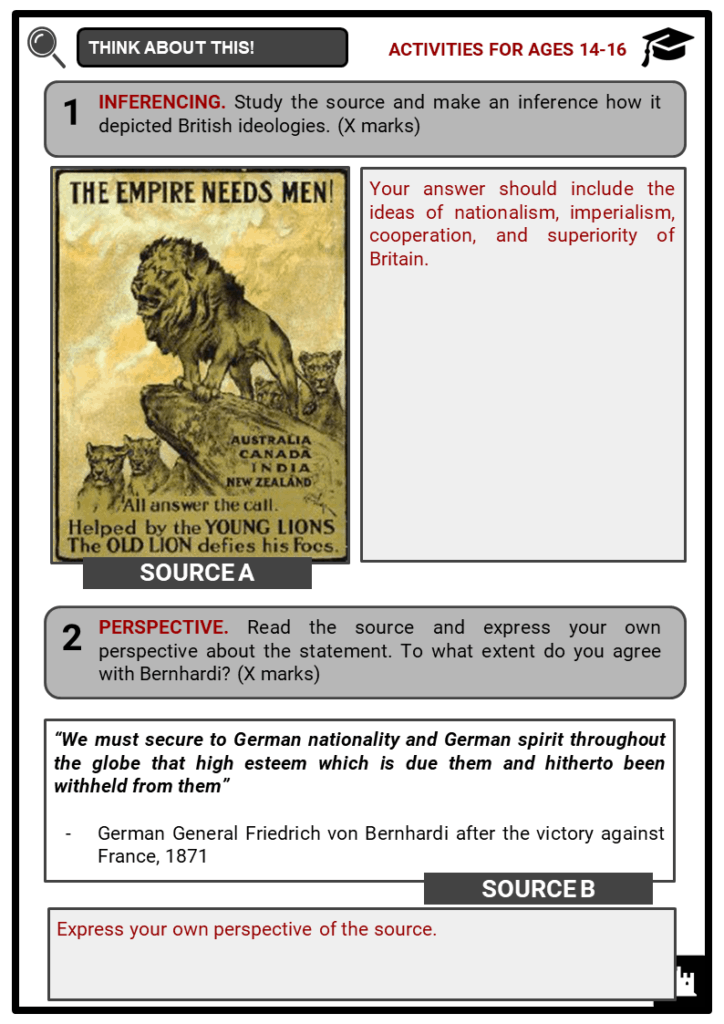
Nationalism As A Cause Of World War I Key Facts Worksheets
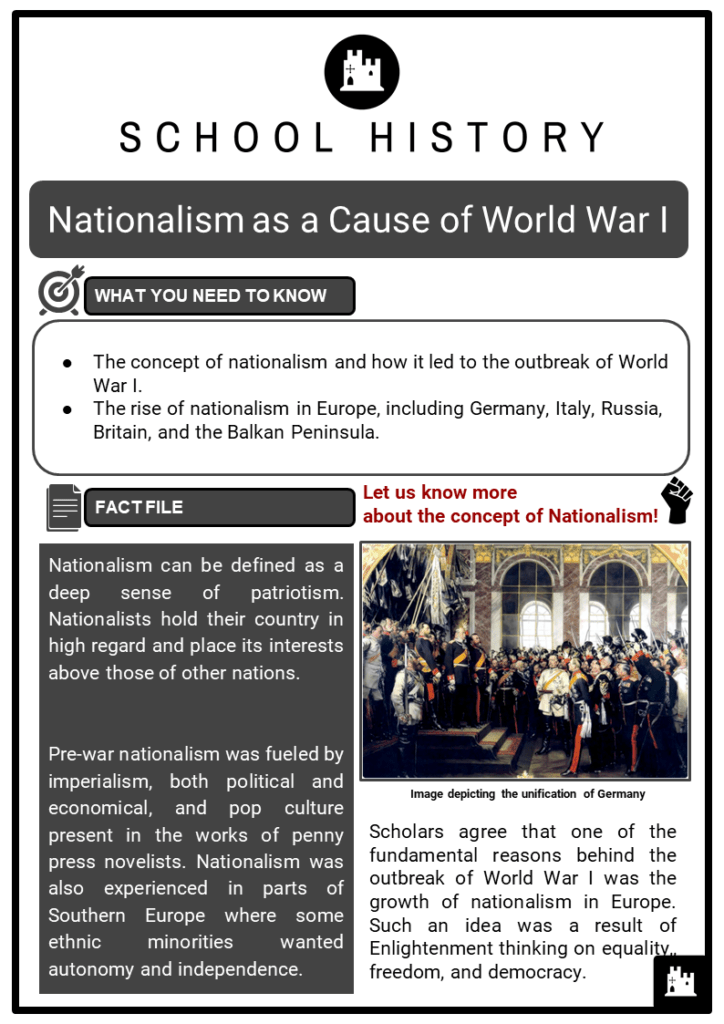
Nationalism As A Cause Of World War I Key Facts Worksheets

Nationalism As A Cause Of World War I History Crunch History Articles Biographies Infographics Resources And More
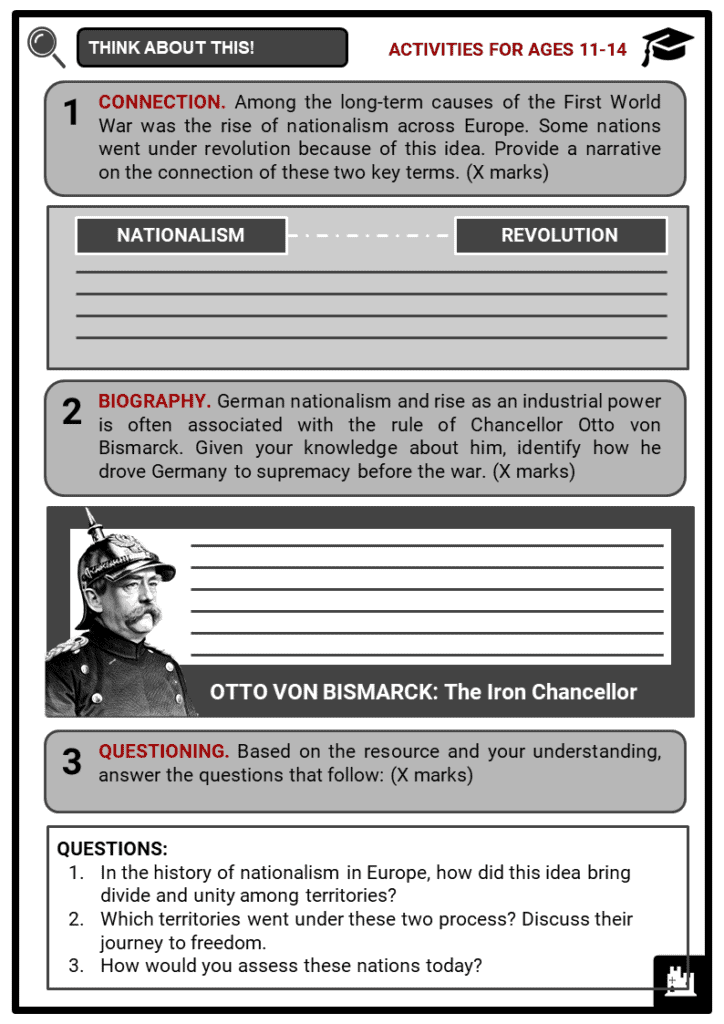
Nationalism As A Cause Of World War I Key Facts Worksheets

Nationalism As A Cause Of World War I

M A I N Causes Of Wwi Student Reference Handout In 2022 Teaching History World History Lessons World History Teaching

Pin On Costume Edwardian Fashion World War I

Causes Of Wwi Nationalism High School Students Middle School Classwork


Comments
Post a Comment